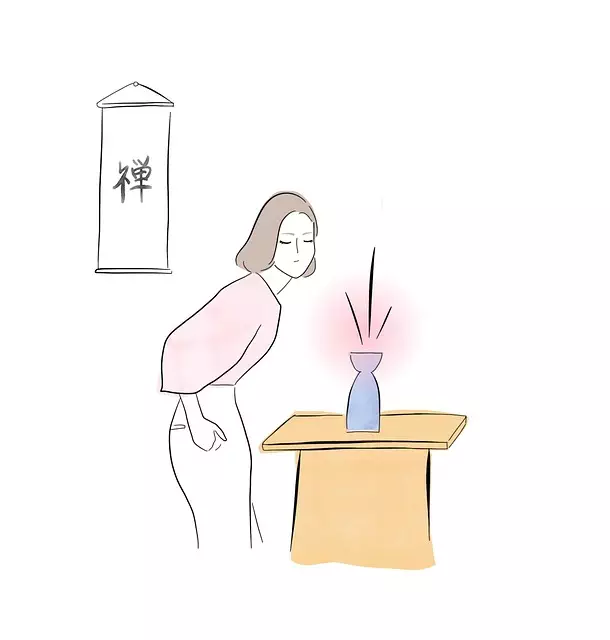Risk assessment at Kaiser Permanente mental health locations Superior is a comprehensive process that includes cultural sensitivity, community outreach programs, and systematic evaluation of clinical, administrative, and environmental factors. Mental health professionals utilize techniques from the Mental Wellness Podcast Series and promote emotional well-being to manage stress, improve outcomes, and create a safe, supportive environment. They also integrate practices like mindfulness and coping skills development to enhance resilience and prevent burnout in their demanding profession.
“In the realm of mental healthcare, risk assessment is a vital tool for ensuring patient safety and well-being. This comprehensive article explores the intricacies of risk assessment in mental health practices, focusing on strategies employed by industry leaders like Kaiser Permanente’s Superior locations. We delve into defining and implementing risk assessments, highlighting unique challenges in diverse settings and offering best practices. Additionally, we emphasize continuous improvement through regular protocol updates, incorporating feedback, and staying aligned with industry advancements.”
- Understanding Risk Assessment in Mental Health Practices
- – Definition and purpose of risk assessment
- – Key considerations for mental health professionals
Understanding Risk Assessment in Mental Health Practices

Risk assessment is a fundamental aspect of mental health practice, enabling professionals to identify and mitigate potential risks associated with client care. At Kaiser Permanente mental health locations, this process involves a comprehensive evaluation of various factors that may impact a client’s well-being. By understanding the unique needs and challenges each individual presents, mental health professionals can tailor their approach, ensuring superior care delivery.
The Cultural Sensitivity in Mental Healthcare Practice plays a pivotal role in risk assessment. Recognizing cultural differences and incorporating them into assessment strategies help to avoid misjudgments and ensure inclusive support. Moreover, community outreach program implementation adds depth to this process by fostering Mental Health Awareness, allowing for early interventions and improved outcomes. These strategies collectively contribute to creating a safe and supportive environment for clients, ultimately enhancing the effectiveness of treatment plans.
– Definition and purpose of risk assessment

Risk assessment is a fundamental process for mental health professionals at Kaiser Permanente mental health locations Superior, serving as a critical tool to identify and mitigate potential risks within their practice settings. It involves a systematic evaluation of various factors that may impact patient safety, provider well-being, and overall service quality. The primary purpose is to anticipate, identify, and address risks proactively, ensuring the best possible care for both patients and practitioners.
This assessment goes beyond mere compliance, delving into comprehensive analyses of clinical, administrative, and environmental aspects. By examining cases through a risk lens, professionals can uncover hidden dangers, such as potential suicide risks, complex patient interactions, or even work-life imbalance that could negatively affect mental wellness. Utilizing techniques from the Mental Wellness Podcast Series Production and Emotional Well-being Promotion, risk assessment enables practitioners to implement effective Stress Management strategies, fostering a safer and more supportive working environment at Kaiser Permanente mental health locations Superior.
– Key considerations for mental health professionals

Mental health professionals at Kaiser Permanente mental health locations Superior face unique challenges that demand meticulous risk assessment. A key consideration is Emotional Intelligence, fostering strong self-awareness and empathy to navigate complex client interactions. Professionals must be adept at recognizing and managing their own emotional states, particularly when dealing with trauma or high-risk cases.
Additionally, integrating practices like Mindfulness Meditation and Coping Skills Development into daily routines is vital for stress reduction and burnout prevention. These strategies enhance focus, resilience, and the ability to remain calm under pressure—essential qualities for providing effective care in a demanding profession.
Risk assessment is an essential practice for mental health professionals at Kaiser Permanente mental health locations in Superior, ensuring patient safety and effective care. By understanding and implementing these assessments, professionals can identify potential risks and mitigate them proactively. This proactive approach not only protects patients but also enables mental health providers to offer superior care tailored to individual needs, ultimately enhancing the overall wellness of their clients.






